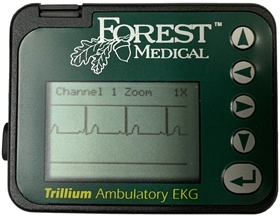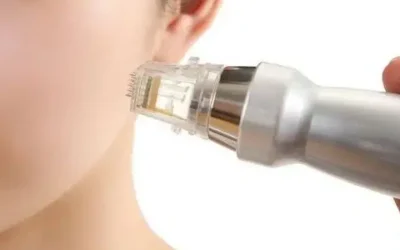Acupuncture, an ancient practice rooted in traditional Chinese medicine, has evolved significantly over the centuries. Today, those looking to enter this field must undergo comprehensive training at an acupuncture school that blends historical knowledge with modern medical practices. This training ensures that students gain a deep understanding of acupuncture techniques while also learning how to integrate them with contemporary healthcare practices. Graduates are equipped to offer holistic treatments that address both physical and mental well-being.
The Modern Acupuncture Curriculum
1. Integrated Medical Education
Modern schools offer a curriculum that integrates traditional Chinese medicine with Western medical sciences. This approach prepares students to understand and treat patients holistically. Courses often include:
- Anatomy and Physiology: Detailed study of the human body.
- Pathophysiology: Understanding diseases and disorders.
- Pharmacology: Knowledge of how drugs interact with the body.
- Diagnostic Skills: Training in both Eastern and Western diagnostic techniques.
2. Hands-On Clinical Training
Practical experience is a cornerstone of any acupuncture program. Students spend significant hours in clinical settings under the supervision of experienced practitioners.
- Needling Techniques: Safe and effective insertion of acupuncture needles.
- Patient Assessment: Evaluating patient needs and planning treatment.
- Treatment Planning: Developing and implementing comprehensive treatment strategies.
3. Holistic Health Courses
In addition to core medical training, acupuncture programs often include courses on holistic health practices, such as:
- Dietary Therapy: Using food as medicine.
- Tai Chi and Qigong: Incorporating these physical exercises to enhance healing and wellness.
- Herbology: The study of herbal medicine and its application.
4. Ethics and Business Management
Ethical practices and business acumen are also integral parts of the curriculum. These courses ensure that future practitioners can ethically manage their practices and navigate the complexities of the healthcare industry. Topics covered include:
- Professional Ethics: Standards of practice and ethical decision-making.
- Healthcare Laws: Understanding the legal environment of healthcare.
- Practice Management: Skills for running a successful practice.
Benefits of Modern Acupuncture Education
- Comprehensive Skill Set: Graduates are well-equipped to handle many patient needs.
- Holistic Approach: Emphasis on treating the whole person, not just symptoms.
- Career Flexibility: Skills applicable in various settings, including private practices, hospitals, and wellness centers.
- Cultural Competence: Understanding of diverse health beliefs and practices.
Considerations for Prospective Students
- Accreditation: Ensure the school is accredited by relevant authorities.
- Cost and Duration: Consider the financial investment and time commitment required.
- Career Goals: Align the program’s offerings with your professional aspirations.
Comprehensive Education for a Successful Career in Acupuncture
The curriculum at modern acupuncture school is designed to provide a thorough education in both traditional and contemporary medical practices. By integrating hands-on clinical experience, holistic health courses, and business management, these programs prepare students for a successful career in acupuncture and holistic health. Prospective students should carefully consider their options, keeping in mind the accreditation and ethos of the institution, to ensure it aligns with their career goals and educational needs.



